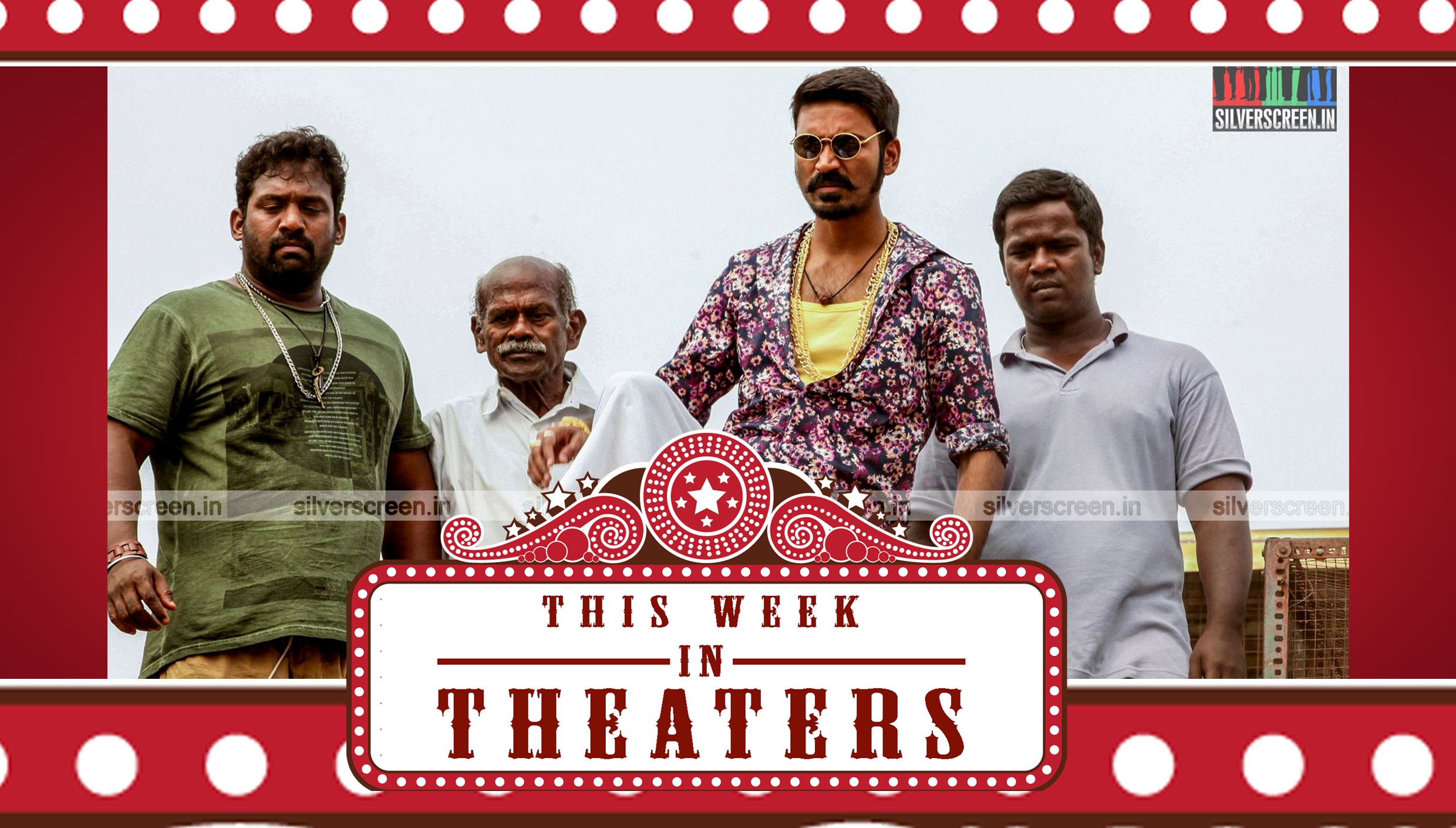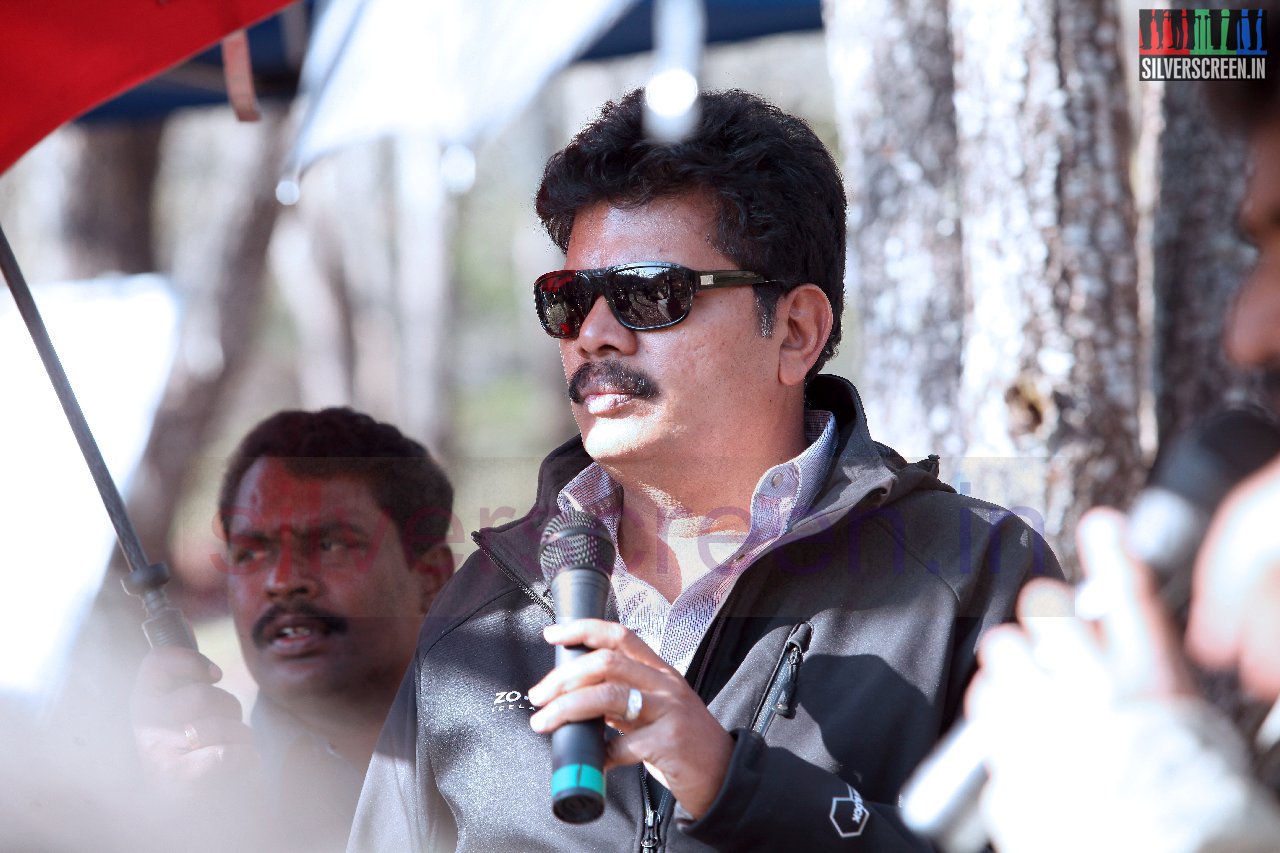For two people who were born on the same date (June 24) a year apart, MS Viswanathan and Kannadasan were much alike. Perhaps why they created such beautiful music together
In a 2013 episode of Super Singers – a talent show on Vijay TV – the guest of honour was one of poet laureate Kannadasan’s children. At the host’s prompt, Gandhi Kannadasan explained at length, the relationship that his father shared with composer MS Viswanathan. They were so inseparable, said Gandhi; they just had to talk to each other everyday. Indeed, their composing sessions – they made a world of music together – were often playful, Gandhi recalled. Quite like one of their most famous compositions – Sippi Irukudhu – in which Kamal Haasan and Sridevi engage in a playful battle of wits, matching verses to tune. MSV would whistle a tune, and Kannadasan would quickly rise up to the challenge.
Another instance that is perhaps more eloquent about the nature of their relationship happened when the duo was composing for MGR’s Periya Idathu Penn. MSV had arrived late to a session as he’d been up the previous night.
Kannadasan, who was waiting for a while, was furious.
“அண்ணா, நான் தூங்கிவிட்டேன் – மன்னித்துவிடுங்கள்,” said MSV.
[Brother, forgive me – I was sleeping]
Kannadasan then devised a fitting punishment for his friend. His lyrics for one of the songs for Periya Idhathu Penn went:
அவனுக்கென்ன தூங்கிவிட்டான்
ஆகப்பட்டவன் நானல்லவா
[He fell asleep without a care. I’m the one that suffers]
*****
MS Viswanathan and Kannadasan complemented each other so well that together, they produced songs worthy of a superlative. MSV had a deep, abiding love for poetry, and understood the musicality behind lyrics. It was rather easy for him then, to set music to words, and under his stewardship, Tamil poetry flourished. His background in classical music meant that his command over music was formidable, but he was not interested in confining himself to one genre. He enjoyed western music and constantly found ingenious ways to weave it into his songs. He had a ear for unusual sounds, often using unique foreign instruments in highly original Indianised tunes. In Paartha Nyaabagam Illayo, a calypso band joins a brass section to create a haunting melody.
Andru Vandhadhum Adhe Nila from Periya Idathu Penn is perhaps the earliest piece of composition to use cha cha music in Indian cinema.
MSV was also careful to lend an Indian edge to western tunes so as to make his music accessible to his fans.
His partner in crime, Kannadasan, was his equal in the world. He broke rules, invented a whole new writing style and often challenged himself to produce songs that were unique.
An example of Kannadasan’s flair for poetry is exemplified in this song. For Mazhalai Pattalam, which featured a widowed writer named Gauri Manohar with six children, in love with Uma, who had five of her own, the lyrics began thus:
Gauri Manohariyai kanden
Aadavar vadivathile
MS Viswanathan set this to the Gowri Manohari raga, in keeping with the theme. Featuring excellent singing by Vani Jayaram, the song is just one of the many examples of the genre-bending work the duo had done.
Together, MSV and Kannadasan were envied, lauded, idolised. Their songs inspired millions, provided solace at times of struggle. Lyricist Vaali would often say that he almost decided to give up his film aspirations and go back home. But then he heard an MSV- Kannadasan song.
Unakku keezhe iruppavar kodi
Ninaithu paarthu nimmadhi naadu
Vaali decided to stay and give his film dreams one more chance. He went on to have a successful career in film music and wrote over 15,000 songs before his death in 2013.
*****
Kannadasan also loved to speak about his dear friend, MSV. He took great pleasure in recounting memories of working and travelling with him. At an event, he said : “He [MSV] knows nothing. We boarded a plane and he misread ‘Toilet’ and asked me what the rent was. We landed in Kabul and he asked me what Afghanistan meant and who Muhammad Ghori was. We went to Tashkent and he was bored. We went to Leningrad (Saint Petersburg) and when I introduced him to someone, he misheard ‘poriyiyal‘ (engineering) as ‘poriyal‘ (vegetable). He was hopeless. Our host then took us to the Tchaikovsky concert hall and showed us a piano that the great Russian supposedly played. Viswanathan couldn’t pronounce Tchaikovsky. But he sat at the piano and for 30 minutes, played the maestro’s concerto. Naturally, the Russians were spellbound. He really knows nothing. Nothing but music.”
MSV also preferred to immerse himself wholly in his music and chose to stay away from the politics of the cine world. Of course, if he hadn’t had this attitude, he couldn’t have composed for the films of four Chief Ministers – NTR, MGR, Karunanidhi and Jayalalitha.
Kannadasan though, was the direct opposite. His fiery nature meant that he was often involved in some lengthy spat with someone. This influenced his relationships with the leading stars of the time – MGR and Sivaji Ganesan. He had an on-and-off again friendship with MGR. But all that became a thing of the past when he was appointed ‘Arasavai Kavignar’ in MGR’s regime.
When Kannadasan died in 1982, MSV was said to be inconsolable. Till the day MSV passed, he would choke when he recounted memories of his fiery, inseparable friend. At an event to commemorate the beginning of the Viswanathan – Kannadasan trust, he reminisced: “Kannadasan told me, ‘Even after I go away, wherever you perform, you must sing my favourite song. I will be there somewhere in the audience listening to it.’” He went on to sing Pullankuzhal Kodutha Moongilgalae from the devotional album the duo had collaborated on – ‘Krishna Gaanam’.
*****



